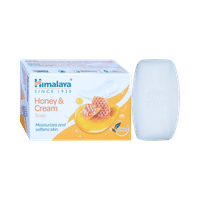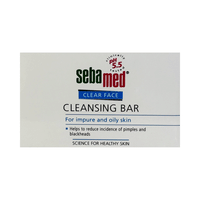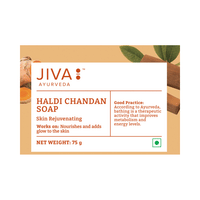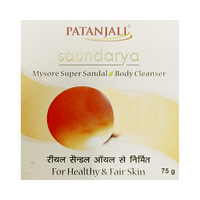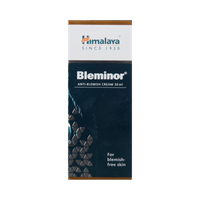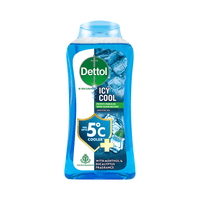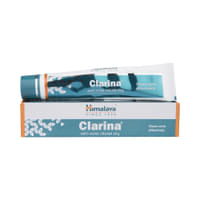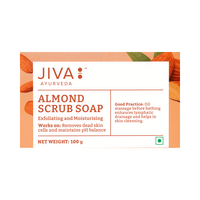Nivea Men Dark Spot Reduction Face Wash With Vitamin C | For Clean & Clear Skin
(100 gm Face Wash in tube)
Rs. 246
Rs. 259
5% off
Rs. 246
Rs. 259
5% off
Nivea Men Dark Spot Reduction Face Wash With Vitamin C | For Clean & Clear Skin
(100 gm Face Wash in tube)
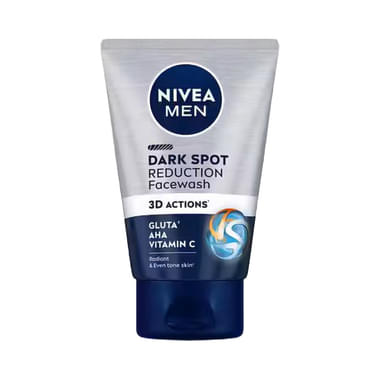
Product Details
Nivea Men Dark Spot Reduction Face Wash
Key Ingredients:
Key Benefits:
Good to Know:
Nivea Men Dark Spot Reduction Face Wash is enriched with vitamin C
Best Suited For:
All skin types
Ideal For:
Men
Product Form:
Liquid
Container Type:
Bottle
Area of Application:
Face
Concern:
Directions for Use:
Safety Information:
Quick Tips:
Establish a daily skincare routine that includes cleansing and moisturizing to keep skin healthy and hydrated.
Frequently Asked Questions:
Should men use different skincare products than women?
Yes, men's skin tends to be oilier and thicker than women's, so it is important to use products that are specifically formulated for men's skin.
Is it important for men to use sunscreen?
Yes, everyone should use sunscreen to protect their skin from the harmful effects of UV rays, regardless of gender.
Key Ingredients:
- Licorice, Vitamin C, Whitanat, Vitamin E, Pro-Vitamin B5, Ginko Leaves Extract, Ginseng Root Extract, Glycerin, Magnesium Chloride, Glyceryl Glucoside
Key Benefits:
- The formula is specifically designed to target dark spots and can help reduce their appearance, leaving skin looking more even-toned
- The face wash is said to effectively cleanse the skin of dirt and impurities, leaving it feeling clean and refreshed
- The face wash contains 10X Vitamin C Effect, which is said to be effective in brightening the skin and reducing dark spots
- The Nivea Men Dark Spot Reduction Face Wash is said to provide hydration to the skin, leaving it feeling soft and moisturized
Good to Know:
Nivea Men Dark Spot Reduction Face Wash is enriched with vitamin C
Best Suited For:
All skin types
Ideal For:
Men
Product Form:
Liquid
Container Type:
Bottle
Area of Application:
Face
Concern:
- Dark spots
- Oiliness
- Accumulated dirt and residues
Directions for Use:
- Lather up and massage all over the wet face
- Avoid direct eye contact
- Rinse off with clean water
- Use in the morning and the evening
Safety Information:
- Read the label carefully before use
- Avoid direct contact with eyes
- Keep out of reach of children
Quick Tips:
Establish a daily skincare routine that includes cleansing and moisturizing to keep skin healthy and hydrated.
Frequently Asked Questions:
Should men use different skincare products than women?
Yes, men's skin tends to be oilier and thicker than women's, so it is important to use products that are specifically formulated for men's skin.
Is it important for men to use sunscreen?
Yes, everyone should use sunscreen to protect their skin from the harmful effects of UV rays, regardless of gender.













